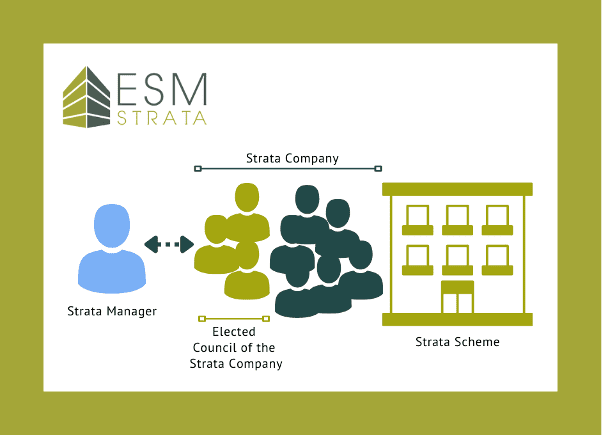The Crucial Role of an Effective Strata Council
In the sprawling landscape of Western Australia, strata communities have emerged as a prominent housing choice, offering a blend of shared amenities, reduced maintenance burdens, and a sense of communal living. However, at the heart of every flourishing Strata Company lies a well-organised and efficient Strata Council.
In Western Australia, the Council of the Strata Company is elected by the owners at the annual general meeting (AGM). The number of council members can vary depending on the size and complexity of the strata scheme, but there must be at least three members and a maximum of seven members. This range, from 3 to 7 members, is specified in the legislation and provides some flexibility for strata schemes to determine the specific number of council members within that range based on their individual needs and bylaws.
The council serves a number of important roles for the entire Strata Company and are incredibly important to ensure the smooth and effecting running of the scheme.

Responsibilities of the Council of the Strata Company:
Particularly in the context of Western Australia, the significance of a capable Council of the Strata Company cannot be overstated, as it serves as the linchpin for maintaining order, enhancing communication, and safeguarding the collective interests of owners. The elected council is responsible for a wide range of things within the Strata Company including:
- Financial Management
- Administration and record-keeping
- Maintenance and repairs
- Enforcement of ByLaws and House Rules
- Insurance
- communication amongst owners
- Emergency Response
- Compliance with Regulations
The Council of the Strata company may elect to employ a Strata Management Company (like ESM Strata) to act as a professional third-party service provider to support the council and ensure the smooth operation of the strata scheme. Many of the above activities will then be looked after by the Strata Management Company on behalf of the Council of the Strata Company on instruction of the Council.
Day to day
Day to day, the role of the council is to make decisions relating to all the above activities and instruct the Strata Management Company to execute things like collect levies and arrange maintenance. This means that the council needs to be adequately informed and communicative with the owners and residents within the strata scheme. Effective communication is essential for transparency, conflict resolution, and ensuring that all stakeholders are aware of important developments and decisions.
Transparency
The council should strive for transparency in its operations. This includes providing timely updates on financial matters, maintenance projects, and any changes to bylaws or house rules. Transparency builds trust among owners and residents and helps reduce misunderstandings.
Conflict Resolution
Disputes and conflicts can arise within strata schemes, and it’s often the council’s responsibility to address these issues. Open and effective communication can play a crucial role in resolving disputes and maintaining a harmonious living environment.
Decision-Making
The council must make decisions on various matters, such as budget allocation, maintenance priorities, and enforcement of bylaws. Effective communication ensures that decisions are well-informed and take into account the concerns and preferences of owners and residents.
Decision-making within the council should be conducted in a democratic and fair manner, with opportunities for owners and residents to voice their opinions and concerns. Ultimately, the council should act in the best interests of the strata scheme as a whole.
Effective councils are proactive and collaborative
The responsibilities of a council of the strata company are significant, and therefore it is important that before putting your hand up to sit on the council you are prepared to undertake some of the above activities. Once elected, it is important the council works closely together to address issues when they come up, make decisions and work together.
Councils will need to make quick decisions on things like maintenance and repairs, so if there is an issue with a leaking roof, for example, it is important the council can respond quickly and together to ensure issues don’t get worse.









